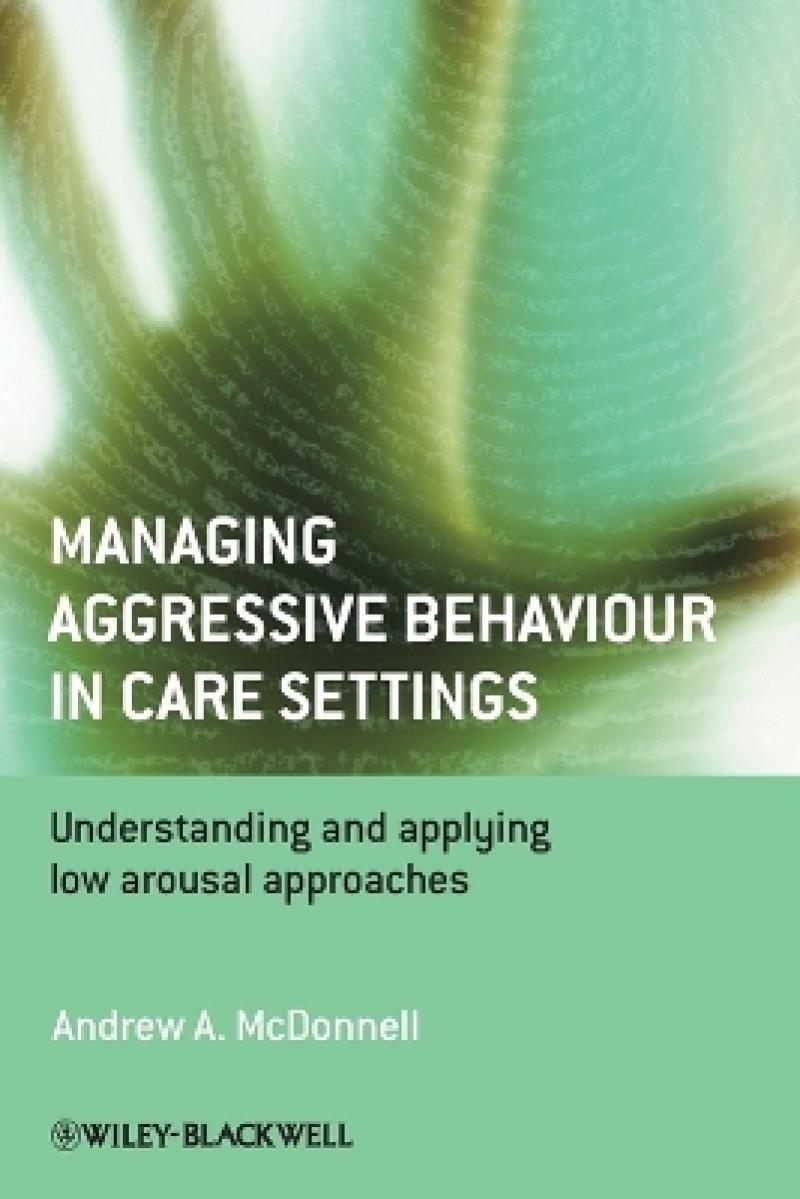- Provides both an academic background and practical advice on how to manage and minimize confrontation
- Illustrates low arousal approaches and offers clear advice on physical restraint and the reduction of these methods
- Describes the evidence base for recommended approaches
- Includes a wide range of valuable case examples from a variety of care settings
Preface ix
Acknowledgements xi
1. Understanding Violence and Aggression in Care Settings 1
2. The Development of a Low Arousal Approach 17
3. Developing a Core Training Course 35
4. Managing Aggressive Behaviour in Services for People with an Intellectual Disability 67
5. Managing Aggressive Behaviour in Individuals with Autistic Spectrum Disorders 87
6. Applying Low Arousal Approaches to Children and Adolescents in Residential Care Services 105
7. Developing Alternatives to Coercive Behaviour Management Approaches in Psychiatric Settings 121
8. Low Arousal Approaches in Care Environments for Older Adults 139
9. Evaluating the Outcomes of Crisis Management Training 153
10. Emerging Themes 181
References 203
Index 249
Andrew A. McDonnell, a practicing Clinical Psychologist and specialist in the field of autism, traces the development and evaluation of the Low Arousal Approach, a non-aversive training system that has been successfully utilized in the treatment of aggressive behavior. Throughout this important volume, McDonnell reveals how practical applications of low arousal methods may be implemented in care environments that include interactions with clients with intellectual disabilities, autism, and various mental health issues, from children to the elderly.
Managing Aggressive Behavior in Care Settings offers invaluable insights into a non-confrontational approach that can provide great benefits to patients, carers, and staff alike.
